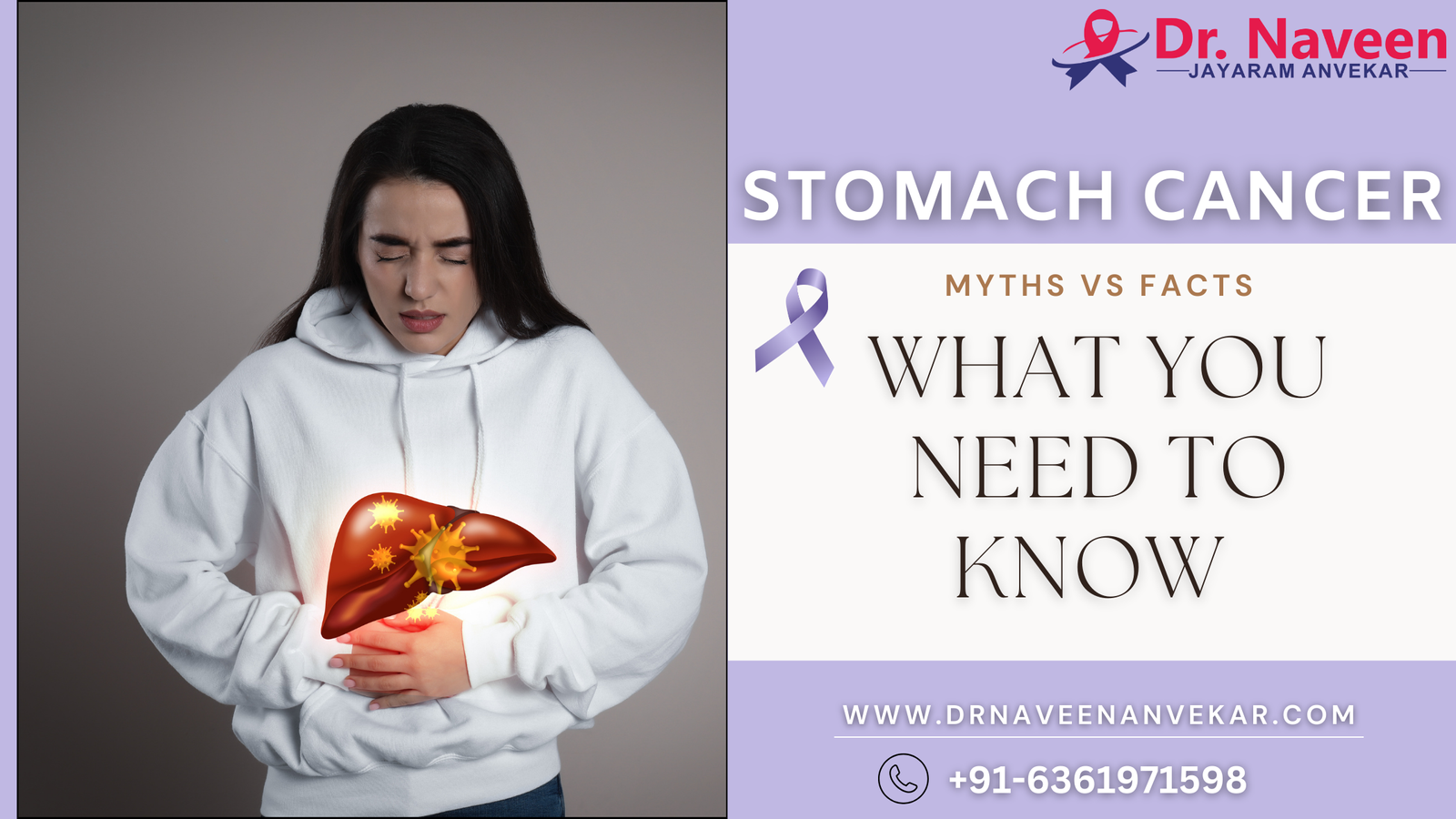.png)
What Is Ovarian Cancer? Uncover the Main Symptoms, Risk Factors, and Treatments
Ovarian cancer begins in the ovaries, part of the female reproductive system. It is one of the most serious cancers affecting women because it often goes undetected in its early stages. As the cancer progresses, it can spread to the abdomen and pelvis, making treatment more challenging. Understanding the symptoms, risk factors, and treatments is essential for early detection and successful treatment. Best Ovarian Cancer Specialist in Mysore
What Is Ovarian Cancer?
Ovarian cancer occurs when abnormal cells in the ovary begin to grow uncontrollably. These cells can form a tumour, which may invade nearby tissues and spread to other parts of the body, including the lymph nodes, liver, and lungs.
There are several types of ovarian cancer, with the most common being epithelial ovarian cancer, which originates from the cells on the surface of the ovary. Other less common types include germ cell tumours and stromal tumours. Ovarian cancer is often diagnosed in later stages, making early detection crucial. Regular check-ups, screenings, and awareness of early symptoms can greatly improve prognosis and survival rates. Best Ovarian Cancer Specialist in Mysore
Key Symptoms of Ovarian Cancer
Ovarian cancer symptoms are often subtle in the early stages, which can make them easy to overlook or misattribute to less serious conditions. However, knowing the key signs can lead to earlier detection and better treatment outcomes. Best Ovarian Cancer Specialist in Mysore
Early Symptoms
In the early stages, ovarian cancer may present with mild symptoms such as:
- Abdominal bloating or swelling
- Difficulty eating or feeling full quickly
- Pelvic pain or discomfort
- Frequent urination or increased urgency to urinate
These symptoms are common in various benign conditions, which is why they are often overlooked. However, if they persist for several weeks or worsen over time, medical advice should be sought.
Advanced Symptoms
As ovarian cancer progresses, more pronounced symptoms can appear, including:
- Persistent abdominal pain
- Changes in bowel habits, such as constipation
- Severe fatigue
- Unexplained weight loss
- Lower back pain
These advanced symptoms are often signs that the cancer has spread beyond the ovaries, which can complicate treatment. Recognizing these signs early and seeking timely medical care is critical for managing the disease. Best Ovarian Cancer Specialist in Mysore
Risk Factors for Ovarian Cancer
Several factors can increase the risk of developing ovarian cancer. While not all women with these risk factors will develop the disease, they can help identify those who might benefit from increased screenings or preventive measures.
Key risk factors include:
- Age: The risk increases with age, particularly after menopause.
- Family history: A family history of ovarian, breast, or colorectal cancer raises the risk.
- Genetics: Mutations in the BRCA1 or BRCA2 genes are associated with a higher risk of ovarian cancer.
- Reproductive history: Women who have never been pregnant or had late pregnancies may have a slightly higher risk.
Additionally, factors like hormone replacement therapy and endometriosis can also contribute to an increased risk. Genetic counseling and testing may be recommended for those with a strong family history of ovarian cancer.
How Is Ovarian Cancer Diagnosed?
Diagnosis typically begins with a physical exam and medical history review. A pelvic exam can help identify abnormalities in the ovaries. If further investigation is needed, several diagnostic tests may be used:
- Ultrasound to create an image of the ovaries and surrounding organs.
- Blood tests, such as the CA-125 test, which measures a protein that can be elevated in ovarian cancer.
- CT scans or MRIs to detect the extent of cancer spread.
In some cases, a biopsy may be required to confirm the diagnosis, where a small sample of ovarian tissue is examined under a microscope.
Treatment Options for Ovarian Cancer
Treatment for ovarian cancer depends on the stage and type of cancer. A combination of surgery and chemotherapy is commonly used to treat the disease. Best Ovarian Cancer Treatment in Mysore
Surgery
Surgery is the primary treatment for ovarian cancer, often involving the removal of one or both ovaries, the fallopian tubes, and the uterus. In more advanced cases, surrounding tissue or lymph nodes may also be removed to ensure that as much of the cancer as possible is eliminated.
Chemotherapy
Chemotherapy uses drugs to kill cancer cells. It is often used after surgery to target any remaining cancerous cells. In some cases, it may be given before surgery to shrink tumors and make them easier to remove. Best Ovarian Cancer Treatment in Mysore
Targeted Therapy
Targeted therapies focus on specific molecules involved in cancer cell growth. Drugs like PARP inhibitors are used to prevent cancer cells from repairing themselves, leading to their destruction. Targeted therapy is typically used in combination with other treatments.
Prognosis and Survival Rates
The prognosis for ovarian cancer varies based on the stage at diagnosis. Early-stage ovarian cancer has a better outlook, with higher survival rates. According to the American Cancer Society, the 5-year survival rate for localized ovarian cancer is about 93%. However, if the cancer has spread to distant parts of the body, the survival rate drops significantly.
Regular follow-ups, ongoing treatment, and monitoring are important for managing ovarian cancer in the long term. Advances in treatments are improving survival rates, especially when the cancer is detected early. Best Ovarian Cancer Treatment in Mysore
Living with Ovarian Cancer
Emotional and Psychological Support
A diagnosis of ovarian cancer can be overwhelming. Support from friends, family, and mental health professionals is crucial during treatment and recovery. Best medical oncologist in Mysore
Conclusion
In conclusion, ovarian cancer is a serious condition that often goes undetected until it has progressed. Recognizing the main symptoms, such as bloating, pelvic pain, and changes in bowel habits, is crucial for early detection. Understanding the risk factors—like family history, age, and certain genetic mutations—can help in assessing one's risk and taking preventative measures. Fortunately, advancements in treatments, including surgery, chemotherapy, and targeted therapies, offer hope for better outcomes. Early diagnosis and personalized treatment plans remain key to improving survival rates and enhancing the quality of life for those affected. Best medical oncologist in Mysore
FAQs
-
What is the survival rate for ovarian cancer? The survival rate depends on the stage at which the cancer is diagnosed. Early-stage ovarian cancer has a higher survival rate compared to advanced-stage cancer.
-
Can ovarian cancer be detected early? Ovarian cancer is difficult to detect early due to its subtle symptoms, but regular pelvic exams and awareness of risk factors can help.
-
Is there a way to prevent ovarian cancer? While there is no guaranteed way to prevent ovarian cancer, genetic testing and lifestyle changes can reduce the risk.
-
What is the role of the BRCA gene in ovarian cancer? Mutations in the BRCA1 and BRCA2 genes significantly increase the risk of developing ovarian cancer.
-
What treatments are available for ovarian cancer? Treatments include surgery, chemotherapy, and targeted therapies, depending on the stage of the cancer.
-
Can ovarian cancer recur after treatment? Yes, ovarian cancer can recur, particularly in more advanced stages. Regular follow-ups are essential after treatment.

.png)
.png)
.png)
.png)
.png)

.png)
.png)
.png)


.png)

.png)
.png)

.jpg)
